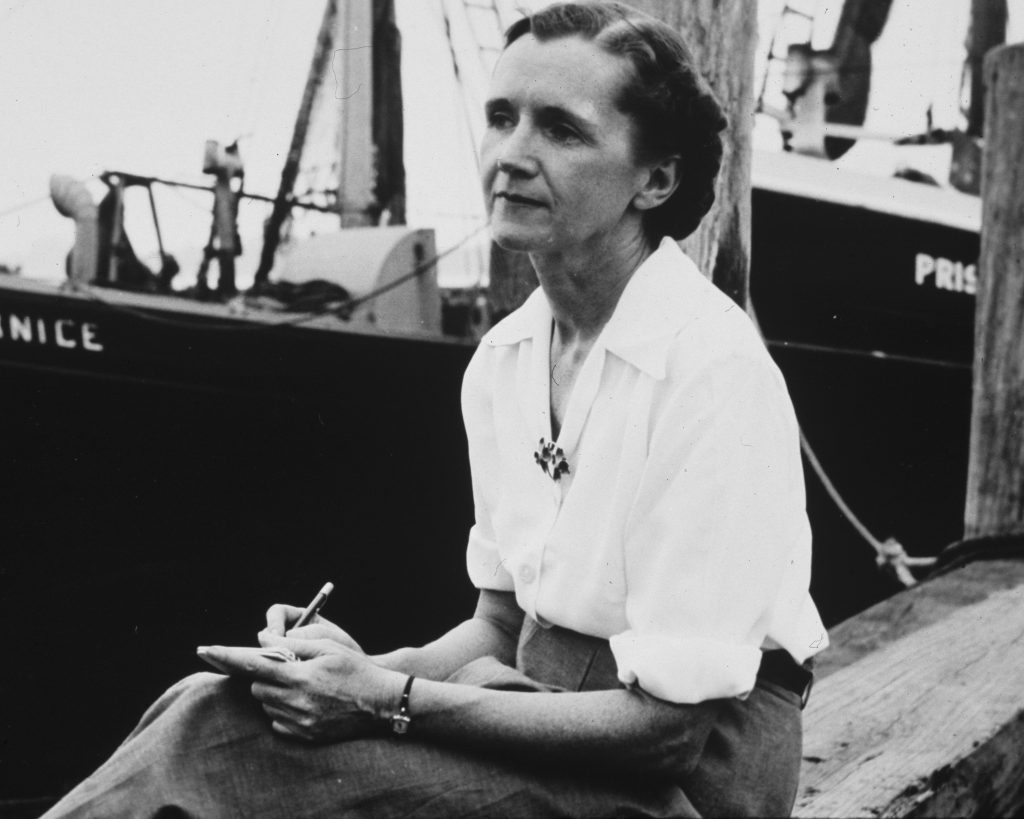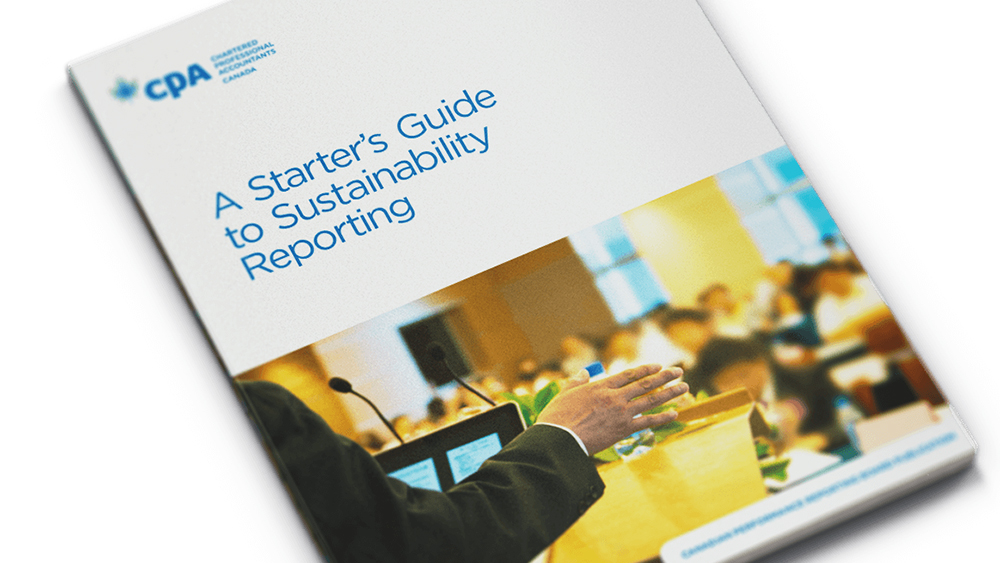On Our Shelves: Sustainability Books
Four great publications to inspire, inform and improve your CSR reporting
The Works’ sustainability guru, Wesley Gee, likes to say that great reporters share a disposition rather than a demographic. That is, if you want to succeed in this industry, you have to be passionate – curious, ravenous for knowledge and hypercritical of the status quo. Below, we’ve listed four great sustainability books (from three eras) to inspire, inform and improve your CSR practice.
Silent Spring (1962), Rachel Carson
A manifesto for the modern environmental movement, Rachel Carson’s Silent Spring captured the minds of readers in 1960s America with its relentless commitment to good scientific practice and personal storytelling. Carson’s book was the first to amass all the relevant data and case studies on the devastating effects of various insecticides, including DDT. While Carson faced hurdles – sexism, the corporate lobby, government indifference – she nevertheless brought mass appeal to environmentalism by clearly explaining how the health of the living world was inextricably married to the health of humans. As broad support from the scientific community rallied around Carson, then-President John F. Kennedy ordered his Science Advisory Committee to examine the accuracy of her assertions. Its conclusion: Silent Spring was right. At the committee’s 1963 congressional hearing, Senator Ernest Gruening said this to Carson: “Every once in a while in the history of mankind, a book appears which substantially alters the course of history… One can think of many examples, such as Uncle Tom’s Cabin. Your book is of that important character.”

Rachel Carson in Woods Hole, Massachusetts in 1951. It was here that Carson researched beach life, tide pools and coastal ecology. She died in 1964, only two years after the publication of Silent Spring. She was posthumously awarded the Presidential Medal of Freedom by Jimmy Carter.
The Ecology of Commerce: A Declaration of Sustainability (1994), Paul Hawken
Paul Hawken’s The Ecology of Commerce suggests business and environmentalism need not and should not be mutually exclusive. With this simple idea, Hawken helped lay the foundation for contemporary sustainability reporting and the now-fundamental notion of the triple bottom line. What Hawken sought from businesses was, at the time, unprecedented: internal examinations of “all economic and resource activities from a biological rather than monetary point of view.” That meant challenging the private sector to reinvent itself as a cyclical machine, in support of a sustainable economy and the welfare of the world at large. Because Hawken was already a successful entrepreneur himself, his writing was not trapped by the pitfalls of utopian thinking. Though advocating a radical shift in perspective, his philosophy was still driven by achievable goals, such as the reduction of carbon emissions, progressive taxation and the mandated use of solar energy. Moreover, Hawken’s frank assessment that “business both causes the most egregious abuses of the environment and, crucially, holds the most potential for solving our sustainability problems” was an important expression of both transparency and practicality. He even argued for the inclusion of diversity, wellness and aesthetics in the workplace – initiatives now common in the sustainability landscape.
A Starter’s Guide to Sustainability Reporting (2013), CPA Canada with The Works Design Communications
Full disclosure: We wrote this book. Bonus? It’s free. The premise is that every good sustainability reporter starts somewhere. That’s why CPA Canada created this easy-to-follow roadmap for identifying, assessing and executing a company’s sustainability needs and impacts. Of all the books on this list, A Starter’s Guide to Sustainability Reporting delivers the most hands-on information. With a focus on small and medium-sized organizations, the guide considers the entire reporting process, providing resources, step-by-step advice, case studies and summaries of key concepts. “No matter the company, a common challenge when starting a report is determining how your organization can make the best use of its time and people to implement a soundly structured process,” says Gord Beal, Vice-President, Research, Guidance and Support, CPA Canada. “Sustainability reporting can look like a daunting task, but our guide simplifies the process.” Insight into reporting standards (the ubiquitous Global Reporting Initiative Guidelines, for example) and the evolution of stakeholder engagement (through avenues such as video and social media) make this publication a must-have for any reporter with a passion for learning, because in an active space like sustainability, one can never know enough.

The Chartered Professional Accountants of Canada hired The Works to produce its easy-to-follow sustainability guide, with a special focus on small and medium-sized organizations. Published in 2013, A Starter’s Guide to Sustainability Reporting illustrates key concepts and lays out the entire reporting process.
Sustainability ROI Workbook: Building Compelling Business Cases for Sustainability Initiatives (2016), Bob Willard
Not a book in the traditional sense (it’s actually a free and open-source series of Excel sheets), Bob Willard’s Sustainability ROI Workbook is the ultimate fiscal geek-out for reporters looking to build a strong business case for any CSR proposal. Well-researched and thoroughly annotated, it can be used to transform an entire organization’s sustainability strategy, or to justify undertaking a single sustainability initiative. As the third entry in Willard’s Sustainability Advantage series, the workbook boasts integrated explanatory text and graphics, comprehensive cost–benefit analyses, an annual cash-flow analysis and built-in ROI calculations – among its many features. It’s also an invaluable tool for recent environmental engineering or sustainability graduates looking to enhance their marketability. Growing consensus within the private sector shows sustainability fuels competitive advantage and fosters financial value. As Willard says: “the interrelationships of the environment, society, and companies remind us that if the environment goes out of business, so do society and businesses. The environment is too big to fail.” It would be wise for any business shackled with lingering doubt of this fact to consult the Sustainability ROI Workbook.




